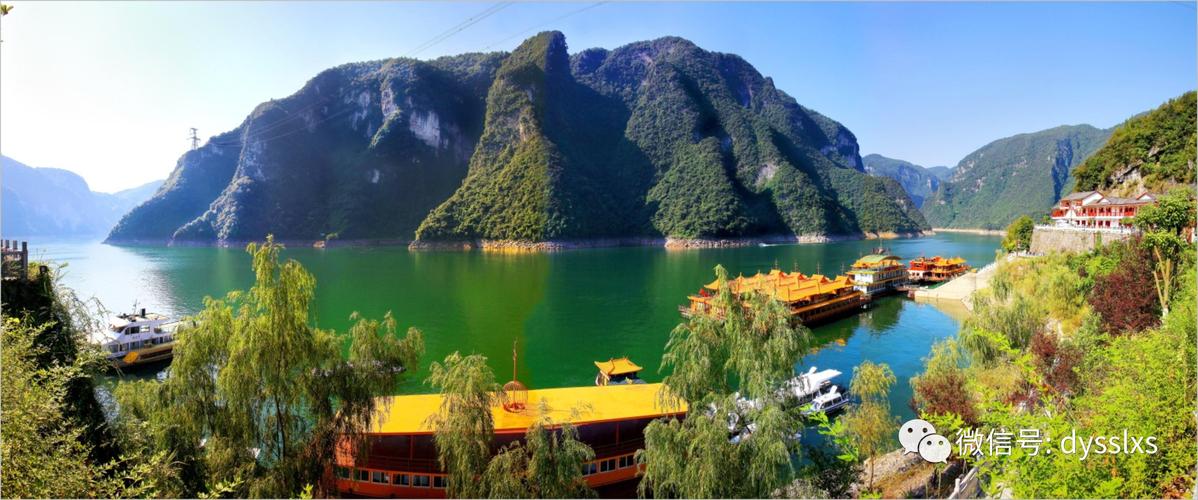Exploring the Complexities of Kosovo’s Cultural Identity: A Historical Overview
Kosovo is a landlocked country in the Balkans, situated in the southeastern part of Europe. It has a rich cultural heritage with a complex history. The country has been inhabited by various groups over the centuries which has contributed to the diversity of its cultural identity. In this article, we will examine the different factors that have shaped Kosovo’s cultural identity and how it has evolved over time.
The Early History of Kosovo
Kosovo has been inhabited since prehistoric times and has been under the influence of different empires throughout history. The Roman Empire ruled over the region from the 2nd century BC to the 4th century AD, and it was known as the province of Moesia. Later on, in the 7th century, the Slavic tribes began to settle in the region, and by the 12th century, Kosovo had become part of the Serbian Kingdom.
The Ottoman Empire and Kosovo’s Cultural Identity
In 1389, the Battle of Kosovo took place between the Ottoman Empire and the Serbian Kingdom. This battle had a profound impact on the region’s cultural identity, as the Ottoman Empire would go on to rule over the region for 500 years. During this time, the Islamic culture of the Ottoman Empire mixed with the existing Christian culture of the region. The Ottoman Empire also brought with it a rich artistic and architectural heritage, which can still be seen in the mosques, bridges, and other structures that remain in Kosovo today.
The Balkan Wars and Kosovo’s Struggle for Independence
In the early 20th century, Kosovo became part of Yugoslavia, which was a federation of different Balkan nations. However, tensions rose between Serbia (which was the dominant nation in the federation) and the Albanian population in Kosovo. This tension eventually led to the Balkan Wars in which Serbia took control of Kosovo. During this time, Kosovo’s cultural identity was suppressed, and the Albanian language and culture were banned.
In the 1990s, tensions began to rise once again, and in 1999, NATO intervened in the Kosovo War. This led to the withdrawal of Serbian troops from Kosovo, and in 2008, Kosovo declared independence. Today, Kosovo is a sovereign state with a unique cultural identity that is still in the process of development.
Kosovo’s Cultural Identity Today
Kosovo’s cultural identity is a complex mixture of different cultures, religions, languages, and traditions. The country is home to various ethnic groups, including Albanians, Serbs, and Roma, among others. The Albanian language is the official language of the country, and Islam is the predominant religion, although there are also Orthodox Christian and Catholic minorities. The country also has a rich artistic and musical heritage, with traditional dances, songs, and instruments, such as the gusle and the lahuta.
Conclusion
Kosovo’s cultural identity is a product of its rich history and complex past. From its early days as a Roman province to its recent struggle for independence, Kosovo’s cultural identity has been shaped by various factors. Today, Kosovo is a sovereign state with a unique cultural identity that is still in the process of development. Its diverse and vibrant culture is a testament to the resilience of the people who call it home.
(Note: Do you have knowledge or insights to share? Unlock new opportunities and expand your reach by joining our authors team. Click Registration to join us and share your expertise with our readers.)
Speech tips:
Please note that any statements involving politics will not be approved.
